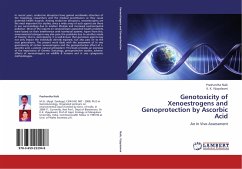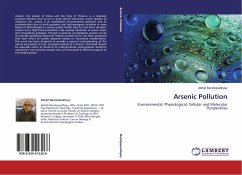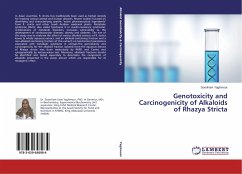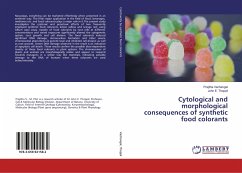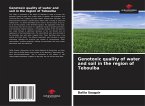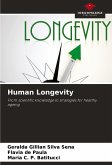In recent years, endocrine disruptors have gained worldwide attention of the toxicology researchers and the medical practitioners as they cause potential health hazards. Among endocrine disruptors, xenoestrogens are the most important for studies, since a wide array of such agents are there in our surroundings due to modern lifestyle and increased environmental pollution. Most of the reports on xenoestrogen-associated health problems were based on their interference with hormonal systems. Apart from this, environmental estrogens may also pose the problems due to another mode of toxicity; that is, Genotoxicity. It is well-known that genotoxic agents may not only impact the individuals directly exposed, but also pass on to the next generations. The present work deals with the assessment of in vivo genotoxicity of certain xenoestrogens and the genoprotective effect of L-ascorbic acid, a potent natural antioxidant. This book provides an overview of the importance of Genetic Toxicology, genoprotective studies, adverse effects of xenoestrogens on wildlife & humans and in vivo cytogenetic methodologies.
Bitte wählen Sie Ihr Anliegen aus.
Rechnungen
Retourenschein anfordern
Bestellstatus
Storno

